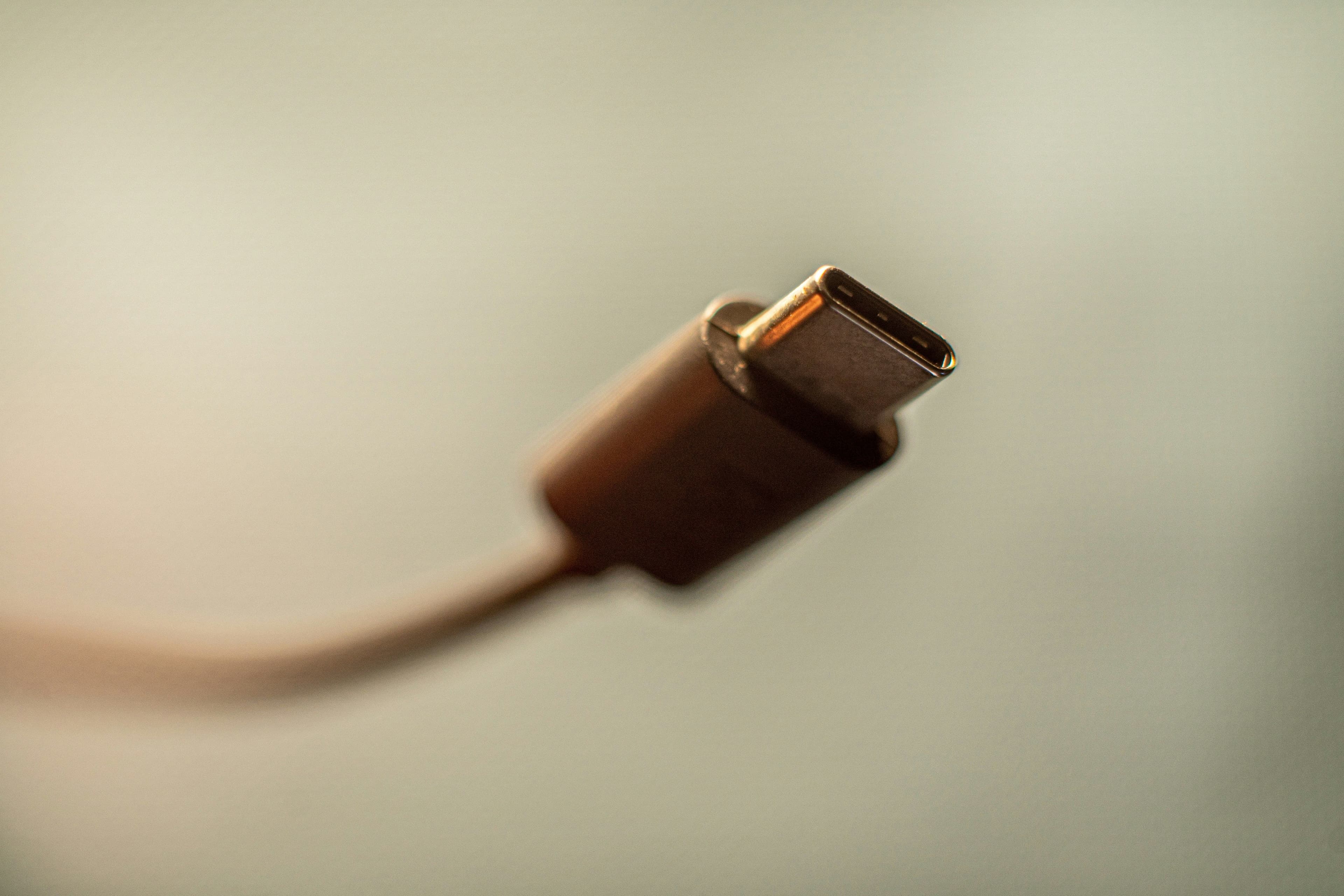Universal charging port could save Luxembourgers millions of euros

Marcus Urbenz, Unsplash
From 2024, a pan-European rule will come into force in Luxembourg, requiring electronics manufacturers to use the USB-C charging port for all new smartphones, tablets, headphones and other gadgets. The requirement will extend to laptops by 2026. The measure aims to reduce e-waste, which amounts to around 11,000 tonnes annually in the EU. The introduction of the USB-C standard should reduce this by 1,000 tonnes, saving €250 million a year.
The European Commission also emphasised the financial advantages of the innovation. The universal standard allows customers to decide whether to purchase a device with or without a charger. This flexibility, along with the harmonisation of ports, makes the purchase more economical and environmentally friendly. However, for the average European, the benefit will only amount to about 50 euro cents per year.
Previously, Apple actively resisted the introduction of the USB-C standard, claiming that it limits innovation. However, under pressure from regulators, the company caved in: starting with the iPhone 15, the brand's entire product line supports the new port. Other manufacturers, such as Samsung and Xiaomi, have long since adopted the standard, making it a de facto industry norm even before it was legally enshrined.
While unifying chargers does reduce e-waste and simplify consumers' lives, critics fear that the USB-C standard could limit the development of new charging technologies. Nevertheless, manufacturers will be able to innovate within the defined framework - for example, in the area of fast charging, which is also regulated by the new law.





